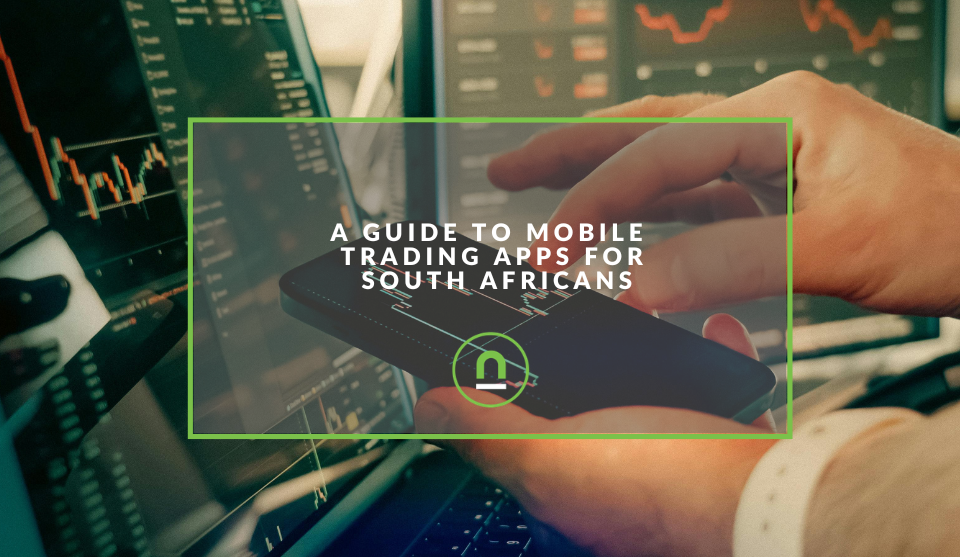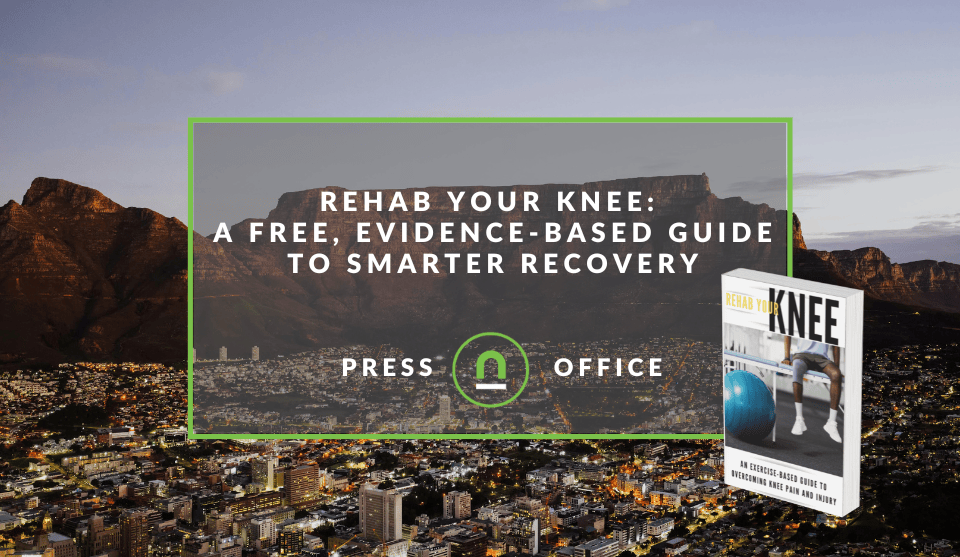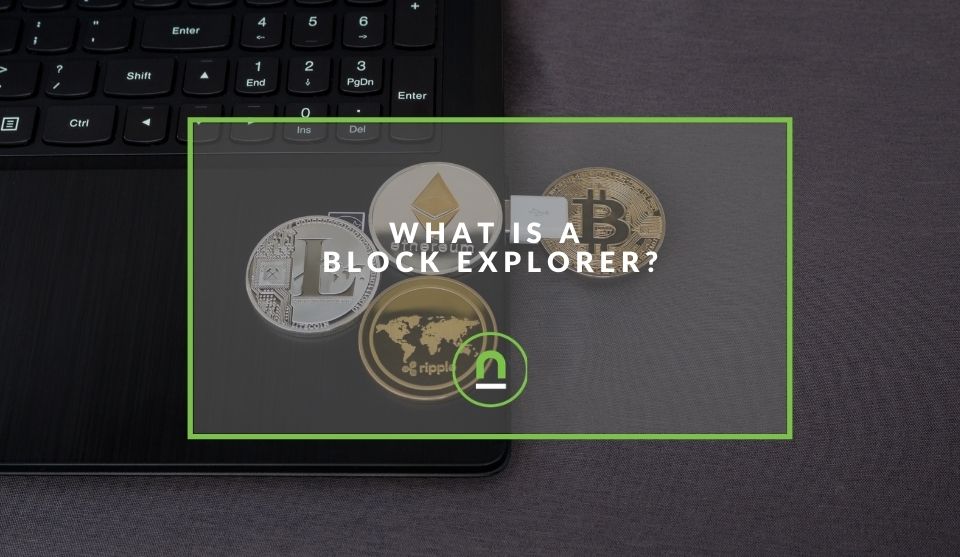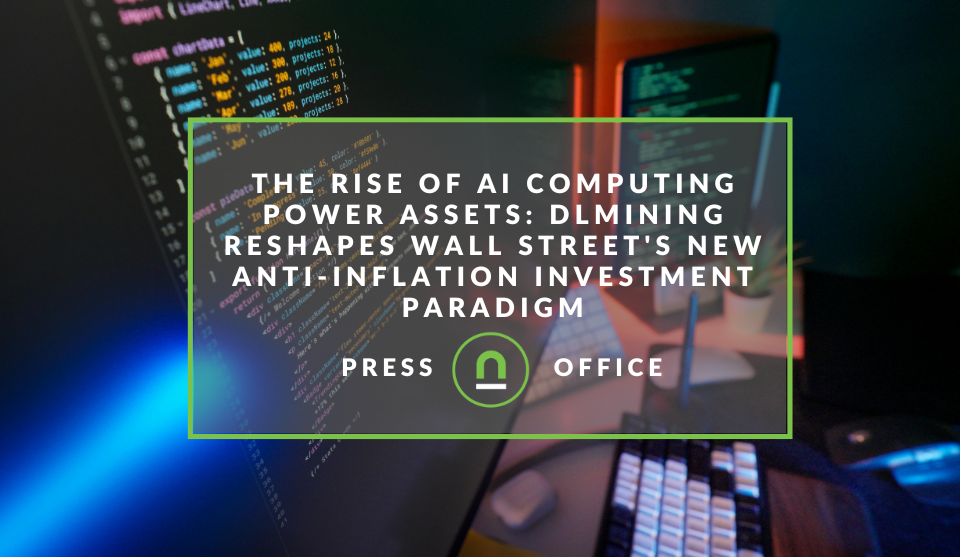Recent posts

Money Talks
A Guide To Mobile Trading Apps for South Africans
19 February 2026

Press Releases
Rehab Your Knee: A Free, Evidence-Based Guide to Smarter Recovery
12 February 2026

Money Talks
XRP vs. Stablecoins: Which Is Better for Cross-Border Payments in 2026?
28 January 2026

Press Releases
Sleep Expert Cautioning Against TikTok’s ‘Mouth Taping’ Trend
28 January 2026
Popular posts
Extravaganza
Trending Music Hashtags To Get Your Posts Noticed
24 August 2018
Geek Chic
How To Fix iPhone/iPad Only Charging In Certain Positions
05 July 2020
Extravaganza
Trending Wedding Hashtags To Get Your Posts Noticed
18 September 2018
Money Talks
How To Find Coupons & Vouchers Online In South Africa
28 March 2019
What Is A Block Explorer?
30 December 2020 | 1 comments | Posted by John Wu in Geek Chic
The decentralised world is one of personal responsibility, one of self-service and one of open and free access to information. Traditionally finance has always been done via a 3rd party who kept track of transactions on your behalf and kept you informed on confirmations and any issues that may have occurred during the settlement process. In the blockchain world, we have miners to handle transaction processing and adding them to blocks.
To ensure that we can keep track of transactions, blockchain developers have created a graphical interface. These interfaces are used to track the processes of the blockchain; this is a block explorer.
A blockchain explorer works similar to the way browsers and search engines work on the internet. You can either browse through pages, or transactions or search with the help of public-key addresses or transaction requests.
If you're looking for a quick overview to block explorers, you can view or download it here
How a blockchain explorer works
A blockchain explorer is a piece of software that uses an API and sources blockchain data from nodes validating the information to draw various data from a blockchain and then uses a database to arrange the searched data and to present the data to the user in a searchable format.
We, as end-users, can then use inputs, such as searchable terms on the explorer which is used to source data from these organised databases. The explorer will already have organised data from a blockchain into the table format.
For most users, a blockchain explorer will allow you to search and explore data about recently mined blocks or recently carried out transactions on a blockchain. Ideally, they allow you to view a live feed of blocks as they are mined, as well as the data related to the blocks.
Important data you can find on a block explorer
- Price
- Coins in circulation
- Estimated hash rate
- Number of transactions
- Transaction volume in tokens
- Number of transactions in the mem pool
- Blocks confirmation times
- Latest transactions and confirmation times
- How many confirmations on a certain transaction
Inputs accepted by a block explorer
- Public key - Either yours or a public wallet address of any other Bitcoin user
- UXT - A transaction key associated with a specific transfer of Bitcoin
Why are block explorers useful?
As mentioned above, block explorers provide us with a host of data and keep the blockchain open for all users to view its current status, regardless of technical understanding. For the most part, many of us would use the explorers to check on the status of a transaction or the validity of an address we want to use to send or receive Bitcoin.
Popular use cases for block explorers include:
- They allow you to check balances
- Checking if a wallet address is valid to a blockchain before sending crypto to a person.
- Checking if a transaction has been sent to the person it is being sent to. It is like having some public evidence that you have sent through cryptocurrencies to the person. Owners can check their wallet balances.
- Explorers can help to explain what is wrong with transactions that have not yet gone through or been confirmed and the stages of confirmation.
- It assists a user to know the current cost of a transaction and therefore helps to plan to spend for future transactions.
- Sometimes it can help know if a group is the one that mined a transaction and probably help in making decisions of whether to invest more computing resources for future mining activity.
- It assists user developers who are programming their wallet if they are working properly to send and receive and store cryptocurrencies.
- Explorers can be used alongside other software such as nodes to corroborate data and information, for instance, to confirm other tools whether they are working appropriately. Developers can also check what functions and features they need to include in their wallets or other software using these explorers.
- As research tools, explorers can help make important decisions related to personal, group, and company finances.
Altcoin block explorers
Bitcoin is not the only chain with a block explorer, any open blockchain should have one, and if you're using an altcoin such as Ethereum, you can find their block explorer either by Googling the "Chain name + Explorer", or you can use data aggregators like Coinmarket Cap or CoinGecko. Visit the cryptocurrency and chain of choice, and you should find a link the explorer there.
If the token you're interested in is built on a 3rd party chain and doesn't have its own, as is the case with many ERC-20 tokens, you'll have to use the native blockchain explorer for that chain.
Explore the chain
Have you been using a block explorer? How has it helped your crypto experience? Let us know in the comments section down below.
Contact us
If you would like to know more about digital assets or would like to market your digital asset company or how to set it up for your business, then don’t be shy we’re happy to assist. Simply contact us
Are you looking to promote your business?
South African finance business owners can create your free business listing on nichemarket. The more information you provide about your business, the easier it will be for your customers to find you online. Registering with nichemarket is easy; all you will need to do is head over to our sign up form and follow the instructions.
If you require a more detailed guide on how to create your profile or your listing, then we highly recommend you check out the following articles.
Recommended reading
If you enjoyed this post and have a little extra time to dive deeper down the rabbit hole, why not check out the following posts on cryptocurrency and blockchain.
- Why Blockchain and Cryptocurrency Is The Future Of Money
- 24 Ways To Earn Cryptocurrency
- How To Pay Tax On Cryptocurrency In South Africa
- How To Buy Bitcoin In South Africa
- Why Does Your Bitcoin Wallet Address Keep Changing?
Disclaimer: This article should not be taken as, and is not intended to provide any investment advice and is for educational purposes only. As of the time posting the writers may or may not have holdings in some of the coins or tokens they cover. Please conduct your own thorough research before investing in any cryptocurrency as all investments contain risk.
Tags: Cryptocurrency, Blockchain
You might also like
The Rise of AI Computing Power Assets
16 January 2026
Posted by Rehman Ali in Press Releases
An introduction to Cloud mining and monetising cloud computing as DLMining Reshapes Wall Street's New Anti-Inflation Investment Paradigm
Read moreXRP vs. Stablecoins: Which Is Better for Cross-Border Payments in 2026?
28 January 2026
Posted by Pham Van in Money Talks
XRP or Stablecoins? Discover which wins for cross-border payments in 2026. Compare speed, costs, and stability in our latest global finance guide.
Read more{{comment.sUserName}}
{{comment.iDayLastEdit}} day ago
{{comment.iDayLastEdit}} days ago
 {{blogcategory.sCategoryName}}
{{blogcategory.sCategoryName}}

